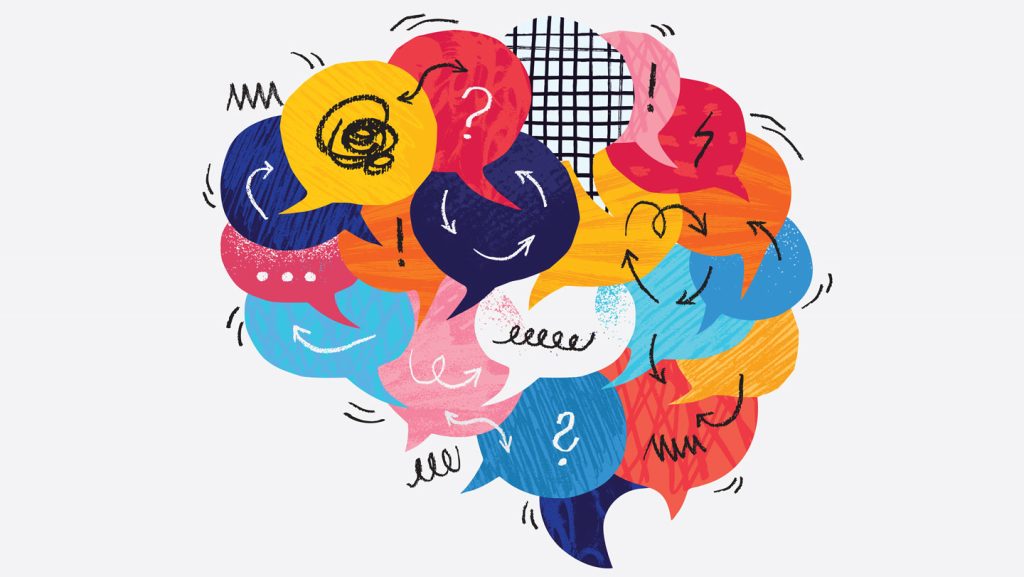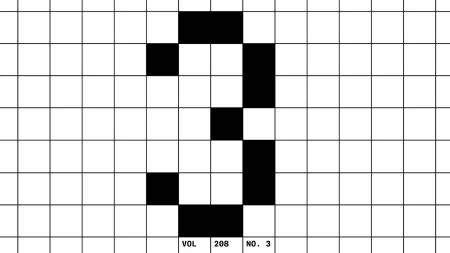The Hypercuriosity Hypothesis: Rethinking ADHD Through a New Lens
Anne-Laure Le Cunff’s journey with attention-deficit/hyperactivity disorder (ADHD) reflects both struggle and discovery. As a teenager who disabled school fire alarms for smoke breaks and later published a magazine about teachers’ fictional love lives, her impulsivity was evident early on. While studying neuroscience, she found herself deeply engrossed in complex research topics yet struggling with basic administrative tasks. It wasn’t until three years ago, when a colleague suggested she might have ADHD—later confirmed by doctors—that Le Cunff began to understand the neurological underpinnings of her experiences. Initially keeping her diagnosis private due to fears of professional stigma, she has since embraced it as a catalyst for groundbreaking research.
Through her own experiences and scientific inquiry, Le Cunff began noticing something fascinating—potential connections between curiosity and ADHD that hadn’t been fully explored by researchers. While the ADHD community has long recognized both challenges and benefits associated with the condition, scientific literature has historically emphasized deficits rather than strengths. Treatment success has typically been measured by symptom reduction alone, with little acknowledgment of potential advantages. However, this perspective is shifting. A 2023 study in BMJ Open by Norwegian researchers asked 50 individuals with ADHD to describe positive aspects of their condition, revealing themes of creativity, energy, adaptability, resilience, and curiosity. Astri Lundervold, a clinical neuropsychologist involved in the study, noted how navigating ADHD challenges had made participants “more empathetic, more accepting of others, and better at handling adversity.”
Le Cunff’s emerging “hypercuriosity hypothesis” suggests that impulsivity and curiosity might share neurological pathways in people with ADHD. Drawing from a 2020 paper in Current Opinion in Behavioral Sciences that showed both traits activate similar reward systems in the brain, she proposes that for some individuals, curiosity manifests as an urgent need for immediate information—what she terms “hypercuriosity.” This hypothesis could significantly impact how we understand and support the estimated 130 million children and 220 million adults worldwide diagnosed with ADHD, particularly in educational settings. The traditional approach of suppressing impulsive behaviors to improve focus might inadvertently dampen curiosity—a critical driver of learning and innovation.
From an evolutionary perspective, Le Cunff suggests that ADHD traits may have been advantageous in ancestral environments characterized by resource scarcity and unpredictability. In such settings, having some group members who were impulsive and curious enough to explore unknown or dangerous situations could have enhanced group survival. Research supports this theory; in an online foraging game study published in 2022, participants who screened positive for ADHD demonstrated riskier but ultimately more rewarding strategies, collecting more resources than their neurotypical counterparts. The challenge for people with ADHD today lies in navigating modern environments rich in information and resources, where impulsive exploration might appear reckless rather than adaptive.
Scientists are increasingly examining how different individuals balance curiosity with information overload. A foundational study tracked participants exploring Wikipedia, identifying two distinct information-seeking styles: “hunters,” who pursue topics deeply with focused attention, and “busybodies,” who move quickly between varied subjects. Researchers theorize that people with ADHD often exhibit “busybody” tendencies but can transform into “hunters” when they discover topics of genuine interest—shifting from seemingly random exploration to intense hyperfocus. Le Cunff recognizes this pattern in her own academic journey: “I was following breadcrumbs across different fields until I found this intersection that I couldn’t stop thinking about.”
The neurological basis for curiosity remains incompletely understood, but evidence suggests that satisfying curiosity activates the brain’s reward circuits similarly to fulfilling physical needs like hunger. In a 2020 Nature Human Behaviour study, brain scans showed that participants anticipating desired information displayed activation in the same reward-processing regions (ventral and dorsal striatums) as when anticipating food rewards. This neural overlap between curiosity and fundamental drives helps explain why information-seeking can feel so compelling, particularly for those with ADHD who may experience these reward signals more intensely—what Le Cunff describes as “hypercuriosity.”
If people with ADHD do anticipate information rewards more strongly than others, this could explain their challenges in conventional educational and workplace environments. Traditional settings that emphasize sedentary, quiet focus may inherently disadvantage those with hypercurious tendencies, leading to classroom disruption or reduced workplace productivity. While Western approaches have typically sought to suppress these behaviors through medication or behavioral modification, Le Cunff and others caution that dampening impulsivity risks suppressing curiosity and its benefits for learning, information retention, and overall well-being. Beyond individual impacts, this suppression might also limit broader innovation, as hypercurious individuals often excel at connecting disparate ideas in unexpected ways.
With a $220,000 grant from UK Research and Innovation, Le Cunff is now empirically testing her hypercuriosity hypothesis. Through interviews, eye-tracking, and neurological measurements, she aims to explore how curiosity operates in university students with ADHD and develop practical strategies for educators. She observes that ADHD learning often resembles “a messy mind map rather than a straight line,” suggesting educational approaches need to accommodate rather than restrict this exploratory style. As our understanding of ADHD evolves beyond deficit-focused models, researchers emphasize the importance of balanced perspective. The condition still presents serious challenges, including higher rates of accidents, substance abuse, relationship difficulties, and mortality. As Lundervold notes, “The goal isn’t to romanticize ADHD. It’s to ensure that when we’re supporting people with this condition, we’re seeing the whole person, not just the problems.”















